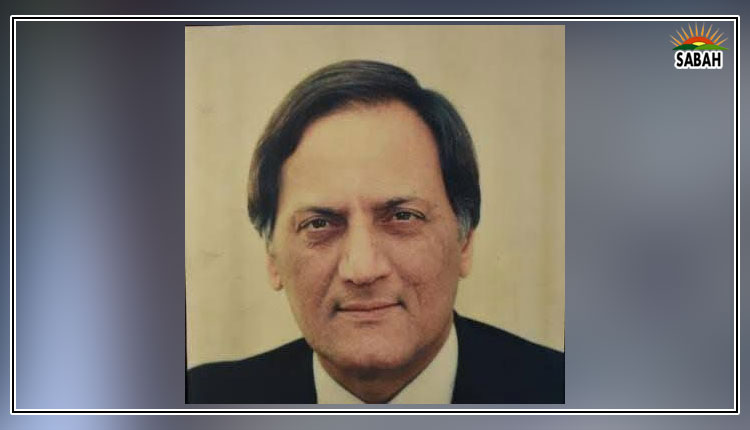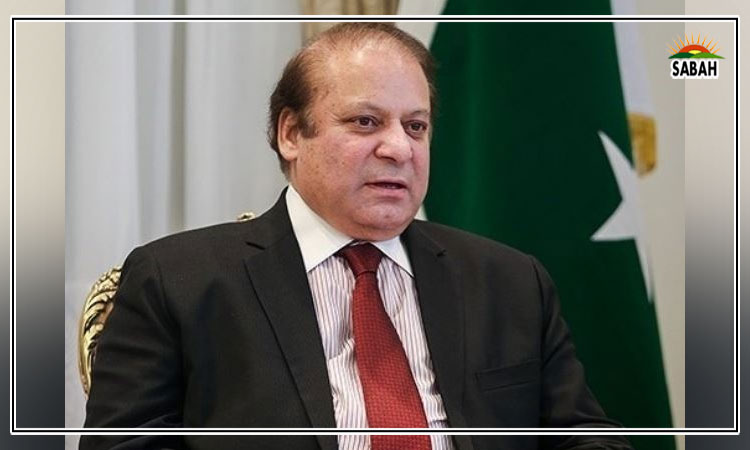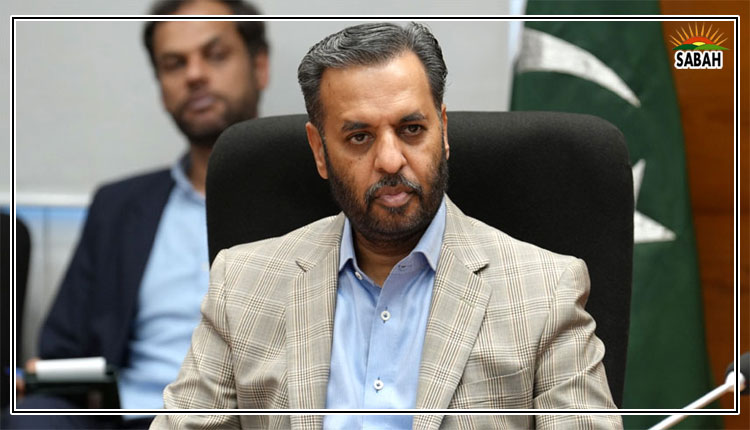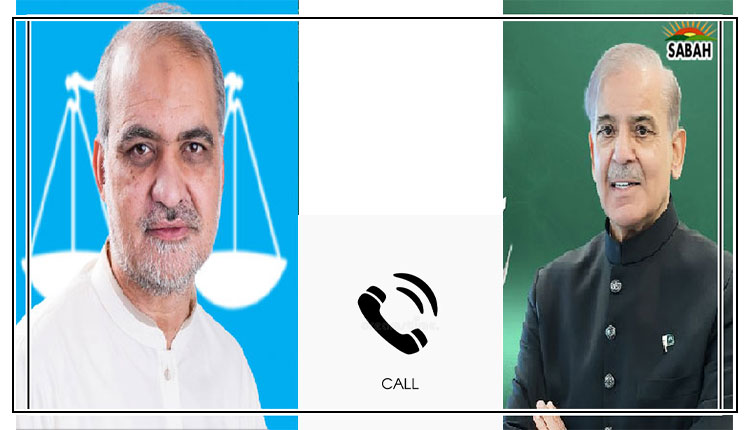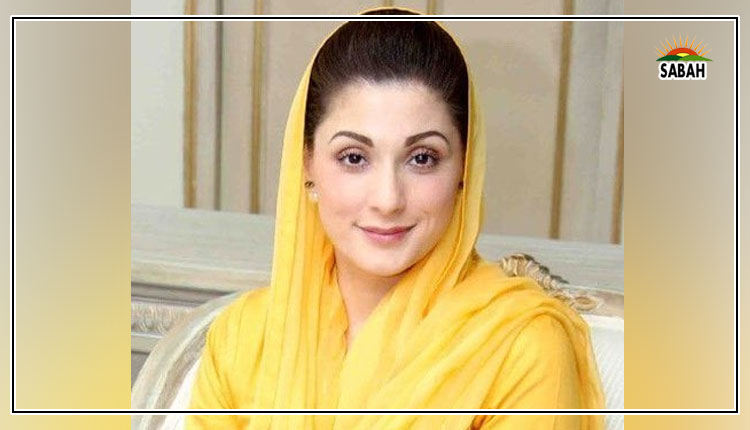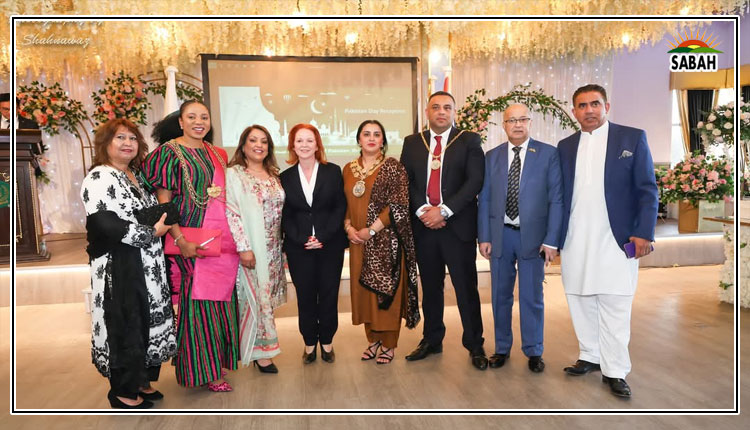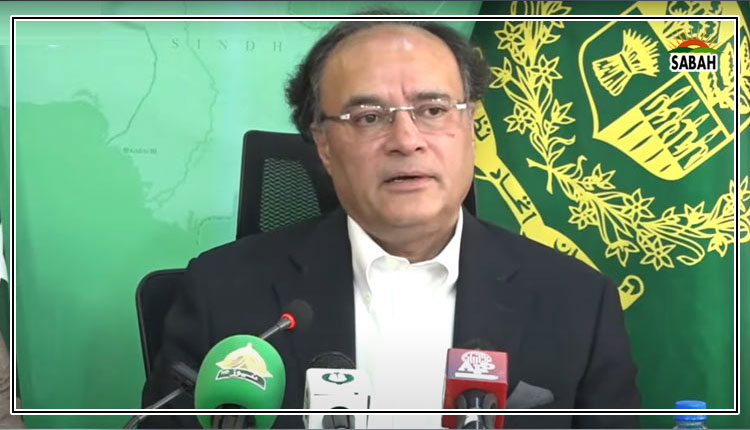Jinnah’s children ۔۔۔۔ Bina Shah
WE still haven’t figured out exactly who Mohammad Ali Jinnah — Quaid-i-Azam — is or was, even in 2024. Westernised liberal secular, or champion of religious freedom for Muslims? Brilliant statesman or failed politician who played the religion card? This national confusion swirls as we consider whether Jinnah’s personal life really was a reflection of what he intended Pakistan to become.
In Jinnah’s Constituent Assembly speech of Aug 11, 1947, he declared his support for peace, harmony, and pluralism. He envisioned Pakistan and India living as tranquil neighbours. Eminent Pakistani scholar Prof Akbar S. Ahmed supports this interpretation of Jinnah’s intentions in his play Gandhi and Jinnah that was presented at this year’s KLF.
Lawyer Yasser Latif Hamdani, author of the biography Jinnah: A Life, posited that Jinnah’s personal beliefs in secularism matched his political ones — that he was opposed to bringing religion into politics. Islamic fundamentalists are the ones who turned Pakistan into a fundamentalist state completely the opposite of what Jinnah wanted.
Renowned publisher Ameena Saiyid, who has overseen the publication of scores of books about Jinnah, agrees that Jinnah envisioned a secular, egalitarian country with Muslims living in peace with Hindus, Christians, Parsis, and open borders with India. She recalls multiple tense conversations she held with his daughter Dina, on the phone and in person. “It was as if she needed to unburden herself and talk about her great disappointment with what her father wanted and what the country had become.”
Each generation seeks to interpret the meaning of Pakistan anew.
But others say that Jinnah never intended for Pakistan to be divided from India in this manner. Historian Ayesha Jalal states in her 1985 seminal work, The Sole Spokesman, that Jinnah brandished the possibility of a partition on a religious basis only to secure more protections for the Muslims in a united India. Congress rejected this idea and actually made Partition a reality, one that Jinnah did not really believe in.
Anatol Lieven writes in Pakistan: A Hard Country that the “slogan of Pakistan” was used by Jinnah to win control over the Muslim League, and to force Congress to agree to a United India where Muslims shared power with Hindus. His vision of a secular Pakistan where Muslims would be “people of state” was one idea; another, that Pakistan could exist as an autonomous entity in a wider, united South Asia. But a lack of numbers in Congress meant that Jinnah had to rely on “Muslim street power” to persuade others of his political strength.
This introduction of religion into politics gave rise to the obscurantist Pakistan we live in today. Ameena Saiyid believes Jinnah is held hostage to people who want his endorsement of their ideas and opinions. “His name, imagined life, and politics are being used to influence others in the narrative … In the process, the real Jinnah has become blurred, even disappeared.”
In literary critic Roland Barthes’s groundbreaking 1967 essay ‘The Death of the Author’, it is argued that once a text is published, it loses its connection with the author’s intentions and becomes subject to reader interpretations. In fact, it is the reader’s interpretation that has primacy over any other. Barthes says we cannot precisely detect what the author intended, which is not the point anyway.
Perhaps if we imagine Quaid-i-Azam, the founder of the nation, as a text that Mohammad Ali Jinnah authored in order to achieve his own political ends, we begin to see why he is interpreted so differently by so many in Pakistan. Perhaps the same can be applied to the idea of Pakistan, another interlinked ‘text’ that we try to interpret and study, like a Rosetta Stone from 1947. As Barthes said, “text is a tissue drawn from innumerable centres of culture”. But unlike the Rosetta Stone, Jinnah’s ‘text’ cannot be ‘deciphered’, only ‘disentangled’ from its cultural contexts.
If Pakistan is a concept, and the story of the Quaid is a ‘text’, that text is open to the interpretation of scholars, historians, biographers as well as regular citizens, students, even schoolchildren. The intention behind Pakistan’s creation will always be contested, as each generation seeks to interpret the meaning and intent of Pakistan anew. Wise old men may shudder at this approach but it does offer a certain dynamism for a nation continuously trying to reinvent itself amid today’s challenges.
Jinnah’s influence on Pakistan is undeniable — without him, we would not exist. But it’s time we face the future with a sense of him standing firmly behind us as we create a new sense of meaning, belonging and purpose in the 21st century. We can only succeed in resolving our crisis of identity when we think of ourselves as Jinnah’s children, not Jinnah’s orphans.
The writer is an author. She has been recently appointed the inaugural Writer-in-Residence at AKUFAS.
Courtesy Dawn, June 1st, 2024



